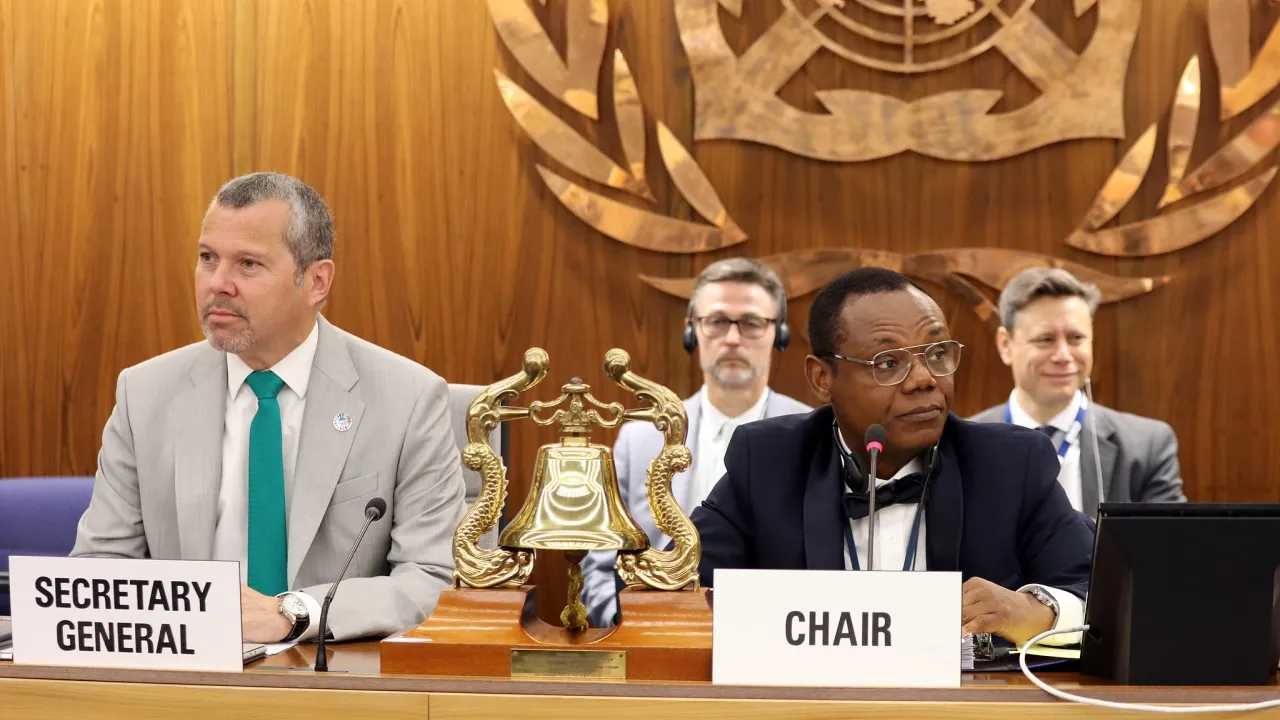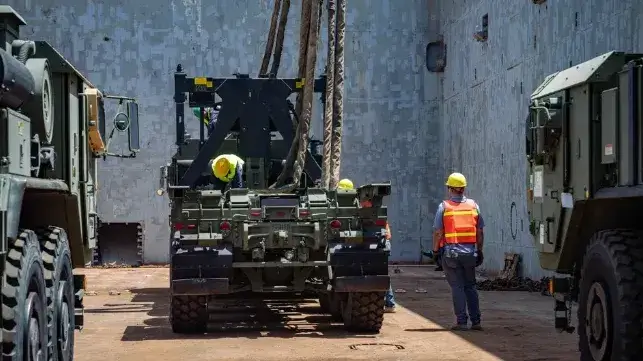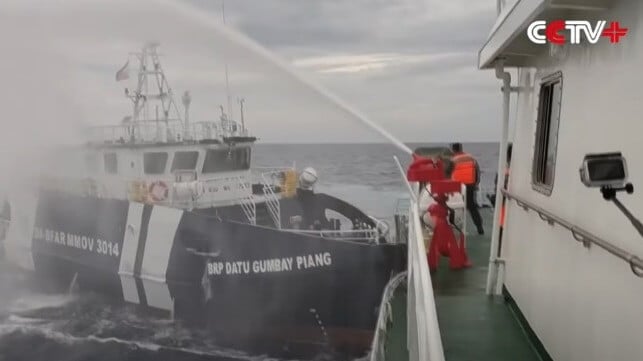Seatrade Maritime: IMO Net Zero Framework faces mounting challenges
Climate experts highlight weak demand and stalled finance as potential risks to the IMO’s 2030 targets, but now global politics is a growing threat.
Further negotiations are urgently required if a plausible path towards zero- or near-zero-emission fuel types are to make up 5-10% of shipping’s fuel by 2030. This was key conclusion of the fourth issue of Progress towards Shipping’s 2030 Breakthrough – 2025 Edition released this week.
The analysis, undertaken jointly by the UCL Energy Institute, the Global Maritime Forum, and the Climate High-Level Champions, has concluded that IMO incentives to encourage the adopters of zero-emission fuels to promote their take-up before the framework enters force in 2027 are urgently required.
However, since the report was written over recent weeks, the backdrop has become dramatically more complex.
The study does not make comfortable reading. It sets out a series of steps that the global shipping industry must take to stay on track. One, the IMO must introduce a robust reward mechanism that prioritises scalable zero-emission fuels (SZEFs), encouraging early adopters and giving investors confidence.
Two, a drive to raise awareness among owners and operators that they face growing risks in continuing to operate non-SZEF-aligned vessels should be launched. These assets must have timely upgrades and retrofits.
And three, it is necessary to provide additional support to nations and policies to fill gaps where the IMO’s Net Zero Framework needs additional support.
Related:Calls for net-zero pause brushed aside by IMO
Technology is progressing well, the report states, making significant advances in methanol and ammonia-fuelled engines. However, a significant number of vessels being ordered today are not SZEF-ready, and unless the industry steps up orders for such vessels, the report suggests that only about a third of the demand needed to meet the low-end 5% target by 2030 would be in operation by then.
Dr Domagoj Baresic, a Senior Research Fellow at the UCL Energy Institute, noted that technology readiness is no longer the limiting factor. “However, demand and finance have not kept pace. Unless all these levers move together, the 2030 tipping point will remain out of reach and supply developments could also stall,” he warned.
Further pressures have mounted in recent days. First the Trump Administration warned last month of retaliatory tariffs against nations that choose to support the IMO’s Net Zero Framework. And then, in a move that may not be entirely unrelated, ABS boss Christopher Wiernicki called on the IMO for a timeout on its decarbonisation deliberations earlier this week.
This comes just a few weeks before the UN agency’s members states are set to vote on adopting its mid-term measures.
Related:Over 180 shipping companies back IMO net zero framework
However, speaking to attendees at London International Shipping Week yesterday, IMO Secretary General Arsenio Dominguez insisted that shipping’s global decarbonisation strategy will continue as planned. But whether this declaration will be sufficient to convince nations facing a possible round of new fuel-related tariffs remains to be seen.
Related Posts




